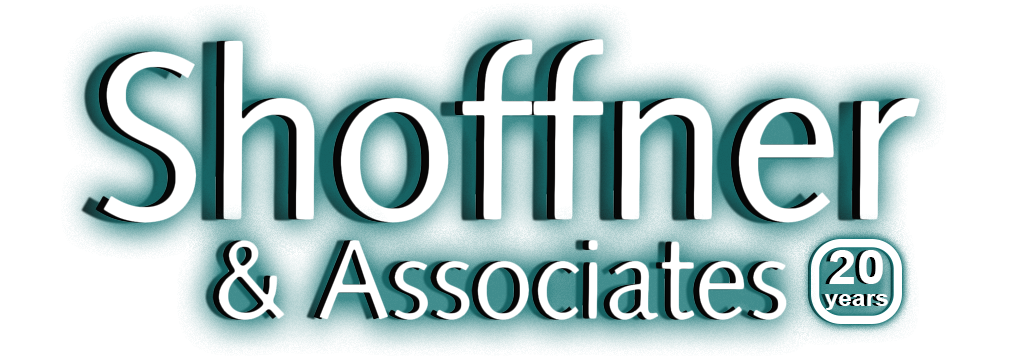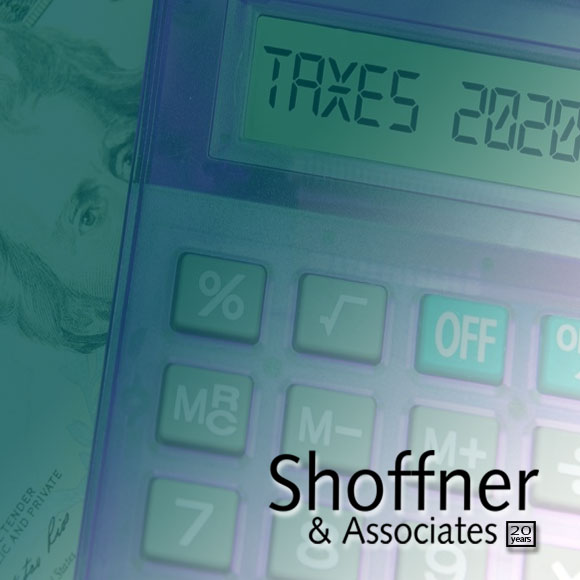There are several different methods by which you can pay your taxes. There are many different electronic options as well as more traditional methods. There are also options if you owe taxes and can’t pay by April 15th. The different options are listed below and can be found in greater detail at www.irs.gov/payments.
Freya Allen Shoffner, Esquire featured Professional Speaker, Presenter, Professor.
Need a Speaker for a Business Event? Call your friendly neighborhood attorney today.
With the right help, you are more likely to succeed. The attorneys at Shoffner & Associates will be happy to help you.
Give us a call at (617) 369-0111 or email fashoffner@shoffnerassociates.com
You can pay electronically by:
Electronic Funds Withdrawal (EFW) This option is free and available when your return is electronically filed. You pay electronically from your bank account when either using a tax professional or tax preparation software.
Direct Pay This method is also free and enables you to pay directly from your bank account. Payments can be scheduled up to 30 days in advance.
Credit, Debit Card or digital wallet. Taxes can be paid by these methods online, by phone or with a mobile device through payment processors. The processors do charge fees.
IRS2Go This is a mobile app which allows you to pay your taxes with Direct Pay for free, or by credit, debit card or digital wallet with the processing fee.
Electronic Federal Tax Payment System Individual and business taxes can be paid by phone or online with this service. To sign up and learn more, call 800-555-4477 or visit www.eftps.gov/eftps/
Cash One can also pay their taxes with cash with the PayNearMe option. There is a $3.99 charge per payment and payments are limited to $1000/day. This is a four-step process and takes two days for payments to be credited; therefore, these payments should be made in advance. Details, including retail partner locations, can be found at www.IRS.gov/paywithcash.
Taxes may still be paid by check or money order. They should be paid to the “United States Treasury.’
2019 tax returns and payments are due by April 15th, 2020. If the return isn’t ready by then, file an extension to avoid penalties for not filing.
Do you owe taxes but can’t pay by April 15th? There are options. Don’t delay in resolving the balance. The longer the debt is owed the more interest and penalties grow. Most individuals and many businesses will qualify for a payment plan. There are several relief programs. There are full-pay agreements, short-term plans to pay in full, or long-term monthly payment plans. You might even qualify for an Offer in Compromise. An Offer in Compromise is an agreement with the IRS that settles the tax liabilities for less than the full amount owed.
There are many options available between payment methods and payment plans. Consult with your tax advisor to review the possibilities and decide on the best course of action. Also visit www.irs.gov/payments to learn more about your options.




